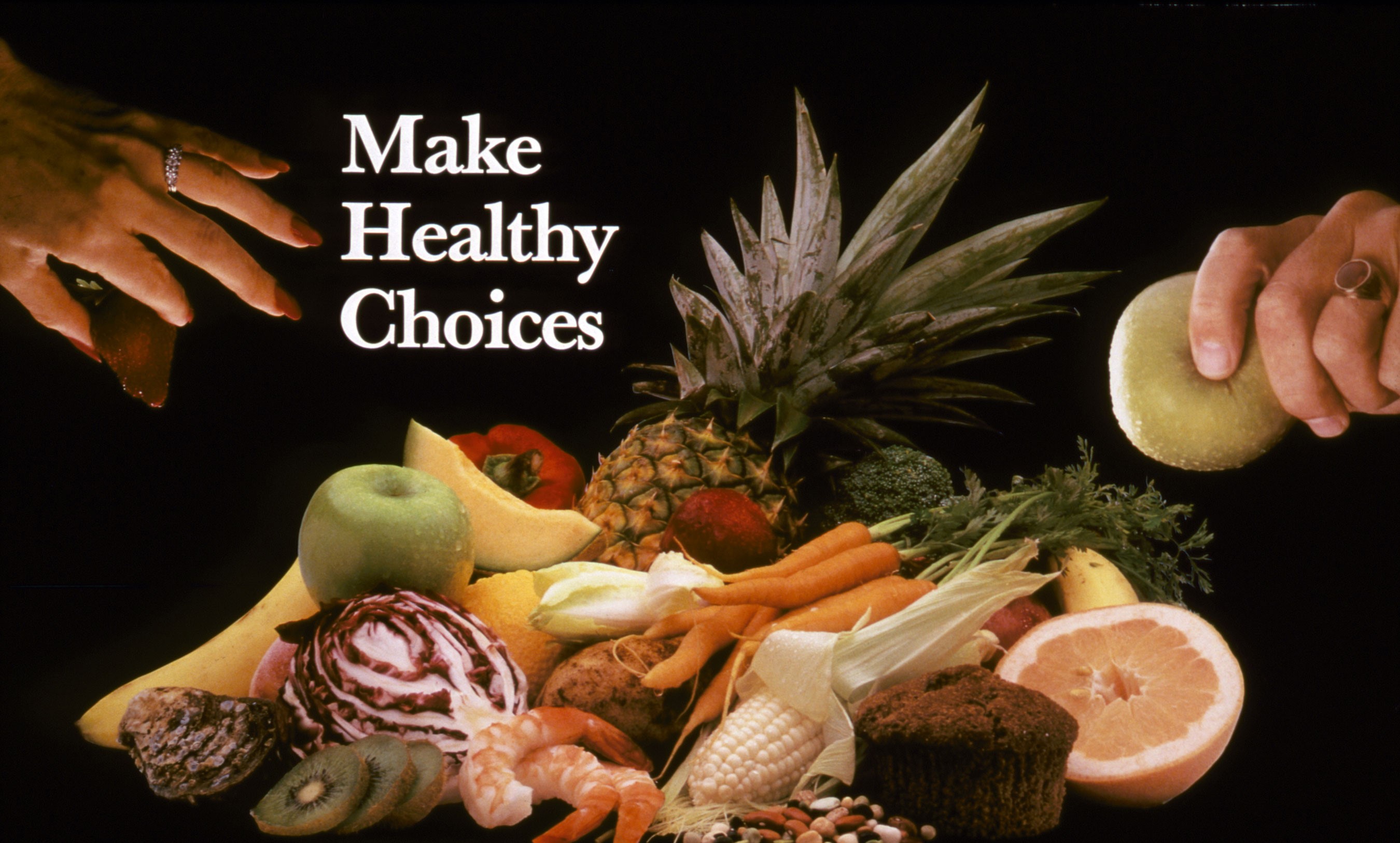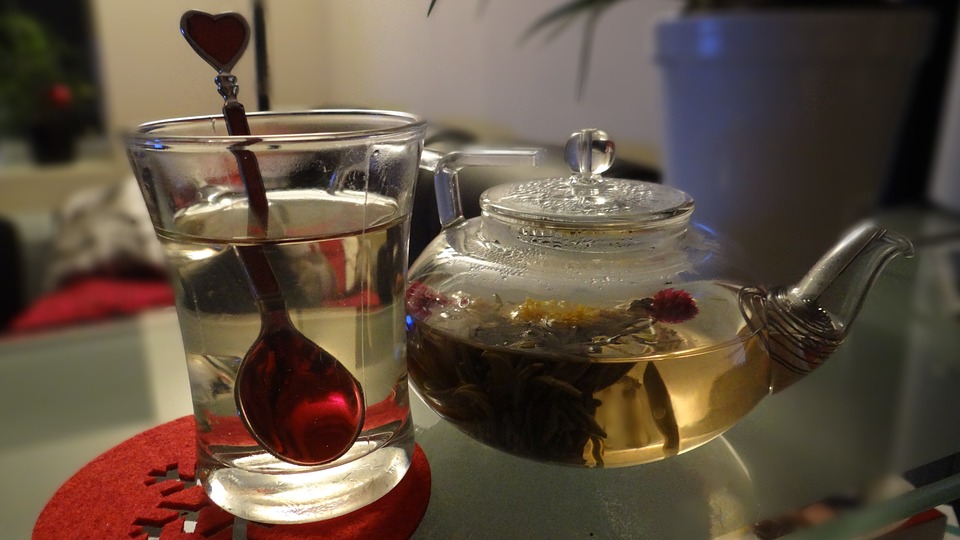The issue of malnutrition is one that can be found in many countries across the globe, whether they are developing nations like India or a modern city-state like Singapore.
Malnutrition studies in India have shown that over 50% of seniors over the age of 60 are suffering from malnutrition, and this is worse in rural areas.
In a startling revelation, a study spanning 14 years found that half of the elderly in Singapore are frail and suffer from malnutrition, lack of exercise and chronic disease.
When we hear the word malnutrition, our immediate thoughts are of starvation. But these two things are not the same. Malnutrition is a lack of the right vitamins, minerals and nutrients in the body. These nutrients play a vital part in maintaining body and brain function and an increasing number of India's elderly population are lacking these vital nutrients. But, it is especially important that seniors have a good diet, rich in all the healthy things they need to stay well. If someone has malnutrition they may frequently become ill, get infections and have poor energy levels.
Iron deficiency in seniors
Iron deficiency is a common condition among the elderly. Symptoms include fatigue, weakness, shortness of breath, dizziness and pale skin. But it is something we can easily prevent or treat. We can boost iron levels by eating red meat, which is high in iron. In India, 40% of the population is vegetarian, but you don’t need meat to introduce iron into your diet. There are so many vegetables that will give you a good source of iron, such as green leafy vegetables like spinach and kale, along with peas, beans and lentils. Pistachios and raisins are great iron-rich snacks.
Boost those vitamins
Getting the right vitamins is essential when improving nutrition for the elderly. However, a Vitamin D deficiency is common in the elderly, as the body’s natural ability to produce vitamin D from sunlight decreases as we get older. Vitamin D is essential to improve muscle strength and helps you to keep active as your get older. Another concern for older people, is the effect of age-related muscle loss (sarcopenia). This happens naturally from our 30s onwards at a rate of 3-5% per decade. We can counteract the effects by getting regular exercise, but vitamin D is essential to the process of regenerating muscle cells. Boost vitamin D by eating cheese, egg yolks, fatty fish such as tuna, dairy products and cereals.
A good cup of tea
Tea is a wonderful restorative drink enjoyed all over the world. Not only is it a good thirst-quenching drink, enjoyed warm in winter and iced in summer, but it has been shown that drinking tea can lower the risk of dementia. Zinc deficiency is common in seniors, but many herbal teas contain zinc too. Kidney beans, flax seeds and watermelon seeds are also a great source of zinc. Try cooking a mushroom and rice meal for your family to boost their zinc intake. The symptoms of zinc deficiency include poor neurological function, low immunity, diarrhoea, thinning hair and skin problems. But we can easily cure this by changing what we eat, isn't that amazing?
The sad fact is that so many cases of malnutrition in the elderly are avoidable. Therefore, we need to make sure that our family, friends and loved ones are eating the right foods. There are numerous reasons why malnutrition is so common, including sanitation, lack of clean drinking water and literacy. But it is through education and support that we can change this. A good diet can ensure that seniors have a great quality of life.




